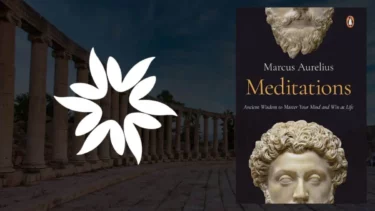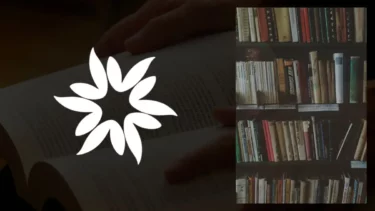-
Art & Culture

-
Art
- Gustav Klimt’s $32M Portrait Sale Cancelled Over Nazi-Era Ownership Issues
- Beyond Monet and Beyond Van Gogh Exhibitions in Liverpool Extended Two Weeks
- Pablo Picasso Paintings Featured in Landmark Exhibit at M+ Museum Hong Kong
- 61st Venice Biennale 2026: Full List of National Pavilions and Artists Revealed
-
Film & TV
- Music
-
Art
-
Entertainment

-
Gaming
- Gears of War: Reloaded Launches August 26 With Full Cross-Platform Support
- Halo on PS5? Combat Evolved Remaster Rumors Spark 2025 Multi-Platform Hopes
- Resident Evil 9: Latest Release Date Leaks, Gameplay Details, and What We Know So Far
- PlayStation 6: Breaking News on Release Date, Specs, Price Predictions & What to Expect
-
Gambling
- Najlepsze Kasyno Online Polska 2025 – Top 9 Polskich Kasyn według Ekspertów
- Das Plinko Casino Spiel 2025: Testbericht, Vor- und Nachteile & Auszahlungsquote
- Are Decentralized Gambling Sites the Next Frontier, or the Next Threat?
- Best Online Casinos South Korea ( May, 2025 ) – Top 5 South Korean Casino Websites
-
Gaming
- Travel
- Exclusive Series
-
About Us

- Contact Us


